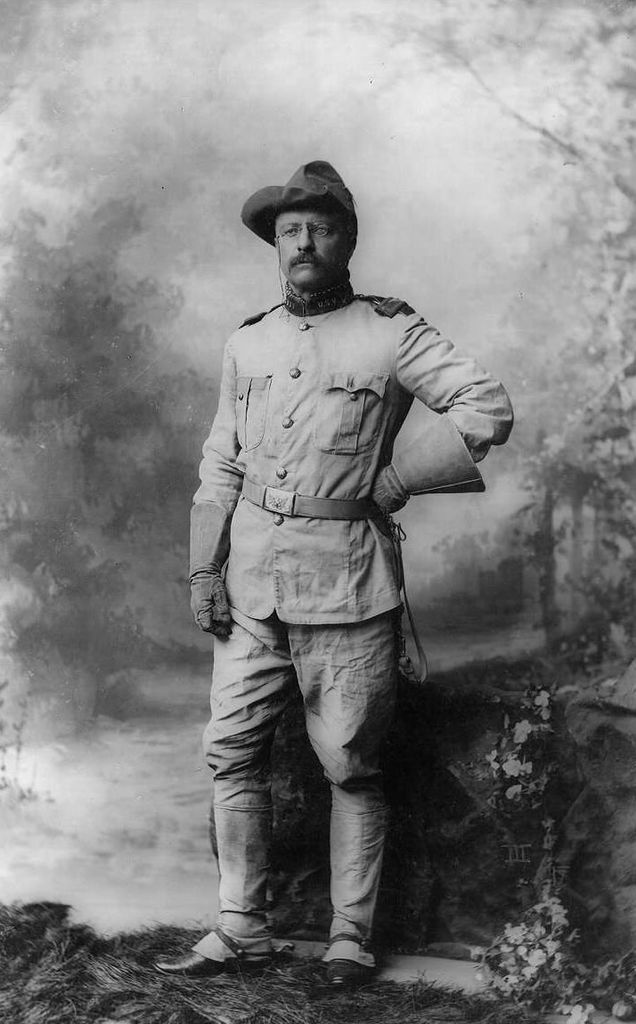Spotlighting TR Compiles Roosevelt Scholarship

Theodore Roosevelt was thrust into the presidency after a national tragedy—the assassination of President William McKinley—and he shaped the nation in ways that still matter today. Roosevelt instituted the national monuments system, pioneered the regulation of industry, and laid the foundation for decades of American foreign policy. Associate Professor of Social Sciences William Tilchin has compiled some of the best examples of Roosevelt scholarship into Spotlighting TR: Selections from the Theodore Roosevelt Association Journal, 2007-2014 (Theodore Roosevelt Association, 2017).
The 600-plus-page volume curates 38 articles published in the Theodore Roosevelt Association Journal from 2007 to 2014, along with two articles from earlier editions. The breadth of the topics shows Roosevelt’s enduring influence in conservation, diplomacy, foreign policy, and historic events like the Spanish-American War and the building of the Panama Canal.
A periodical founded in 1975 and devoted exclusively to Theodore Roosevelt scholarship, “the TRA Journal over the years has provided many valuable additions to the published historical literature,” Tilchin writes in the introduction to the book. Tilchin has edited the Theodore Roosevelt Association Journal since 2007, when it became a peer-reviewed periodical on his recommendation. As editor, he works closely with the contributors and the designer, commissions book reviews, edits manuscripts, chooses images, and works with expert external evaluators.
Tilchin also took on the task of editing Spotlighting TR, sorting through the 110 articles published over the eight-year period and deciding what to include. In choosing the articles to feature, he used four criteria: comparative quality, historical importance, scholarly nature, and readers’ interest.
Tilchin’s own expertise is on Roosevelt’s foreign policy, and the book includes several of his own essays on Roosevelt’s foreign policy. Tilchin argues that Roosevelt “was ahead of his time in the way he understood the role of the United States in the world, the importance of American engagement in international issues and the importance of American military power.”
Roosevelt’s robust foreign policy ideas fell away when he left the presidency, Tilchin says, but the disastrous consequences of isolation and appeasement prior to World War II brought his foreign policy approach to the forefront again. Although Roosevelt was unusual for his time, says Tilchin, most recent presidents have constructed their foreign policy with Roosevelt’s ideas in mind.
Spotlighting TR is available for order on the Theodore Roosevelt Association website.